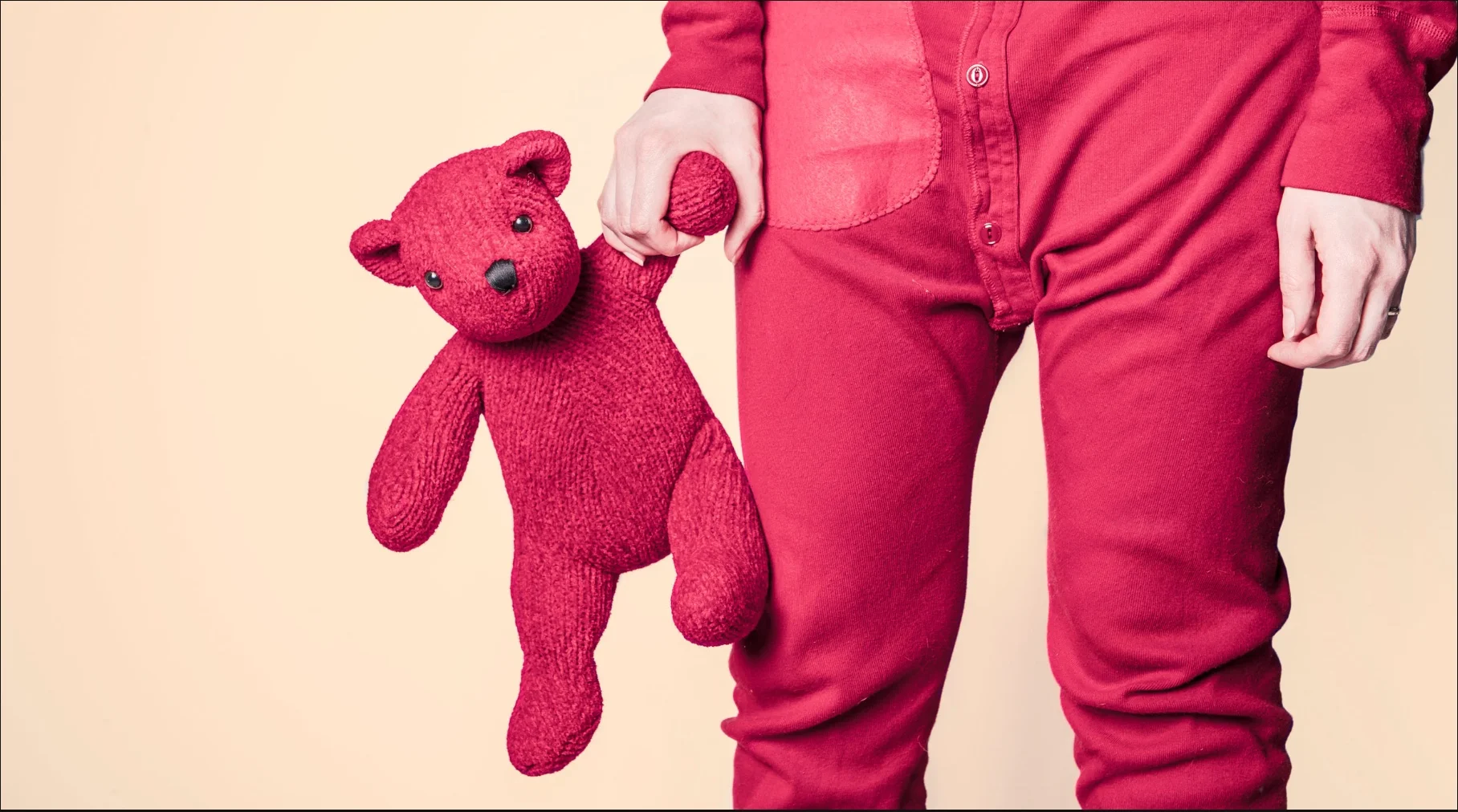Am I the only person in this scenario? It's been a long day and the usual routine after school is out the window. One of your kids is particularly rebellious that day and won't do anything you ask. So you let them know it's time-out for 10 minutes, and their response through crocodile tears is "I hate you, I want my dad'. So you can react 3 ways:
1. Feel completely defeated and question if you've made the right decision. Or if it wasn't your decision to separate, get more angry at your ex.
2. Worry that your child is going to take sides and want to be with their dad full-time.
3. Realise that they would say that, even if dad was there, and know this is all part of growing up.
Sara Bean, certified school counselor and former 1-on-1 coaching advisor with over 10 years of experience working with children and families, explains the situation.
'Kids often spout off hurtful words like these when they have a problem they don’t know how to solve, whether they’re angry, stressed, or dealing with feelings about something bad that happened at school that day. Not being able to handle their problems leads your child to feelings of discomfort—and pushing your buttons and getting a strong emotional reaction from you helps to make up for those feelings of discomfort. Don’t get me wrong, your child isn’t consciously aware of this in most cases, but causing you to be upset helps them to compensate for their inability to handle the problem they're facing at the time. Some kids also say hurtful things as a means of trying to get what they want. If they can hurt you, you might feel bad or doubt yourself and then give in. So in some cases, it’s a way to achieve a more tangible goal".
If you workshop this with married friends, you'll find this happens in their homes too, so don't despair. Keep doing the best you can and as this anonymously penned poem states, your actions can influence positively if you are positive.
If a child lives with criticism,
She learns to condemn.
If a child lives with hostility,
He learns to fight.
If a child lives with ridicule,
She learns to be shy.
If a child lives with shame,
He learns to feel guilty.
If a child lives with tolerance,
She learns to be patient.
If a child lives with encouragement,
He learns confidence.
If a child lives with praise,
She learns to appreciate.
If a child lives with fairness,
He learns justice.
If a child lives with security,
She learns to have faith.
If a child lives with approval,
He learns to like himself.
If a child lives with acceptance and friendship,
She learns to find love in the world.

